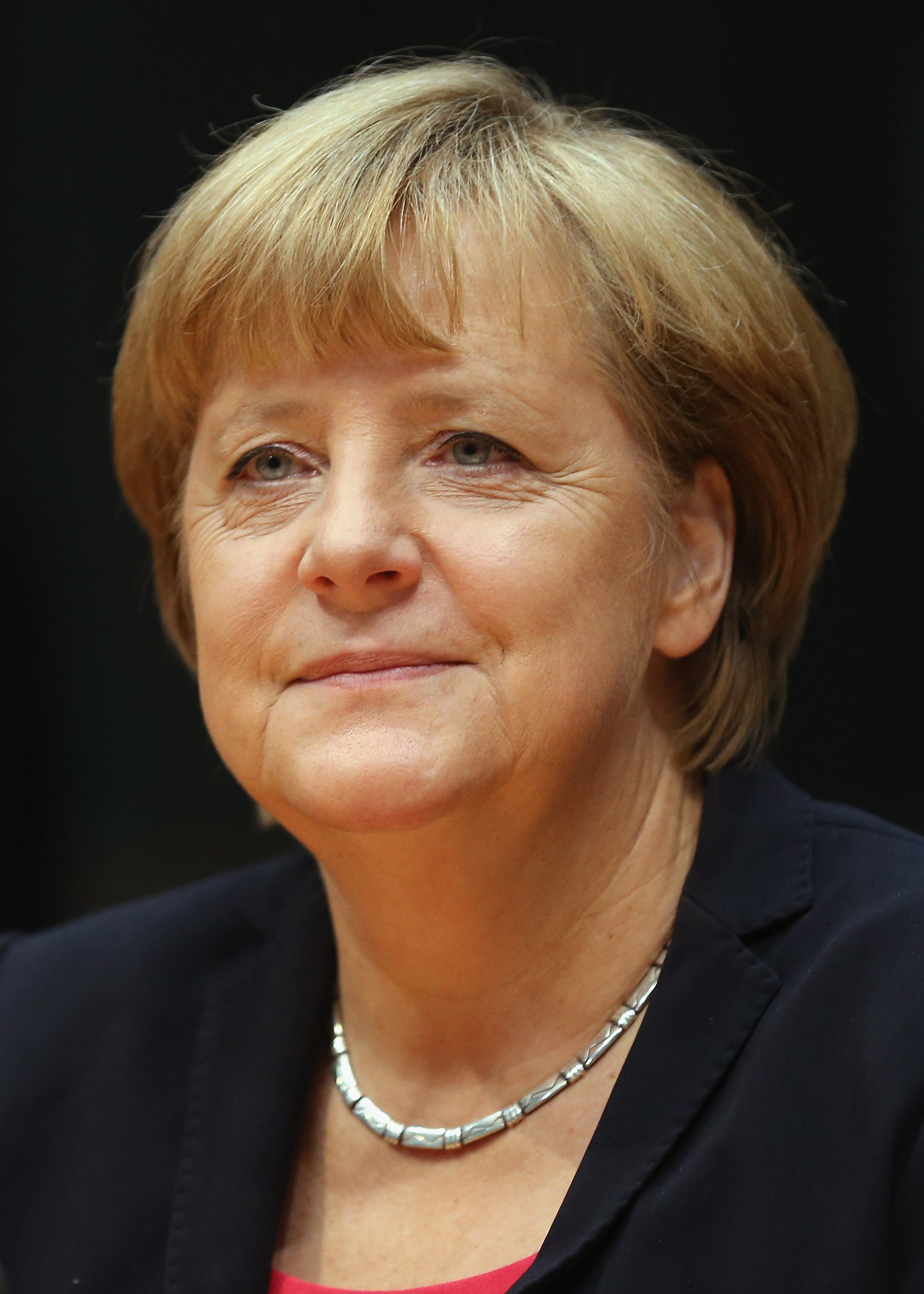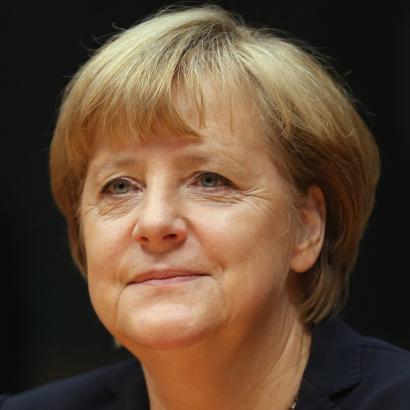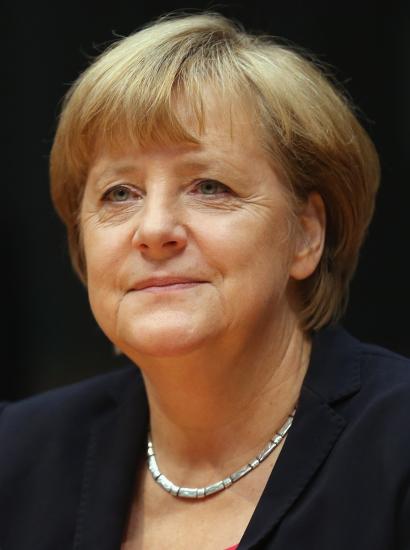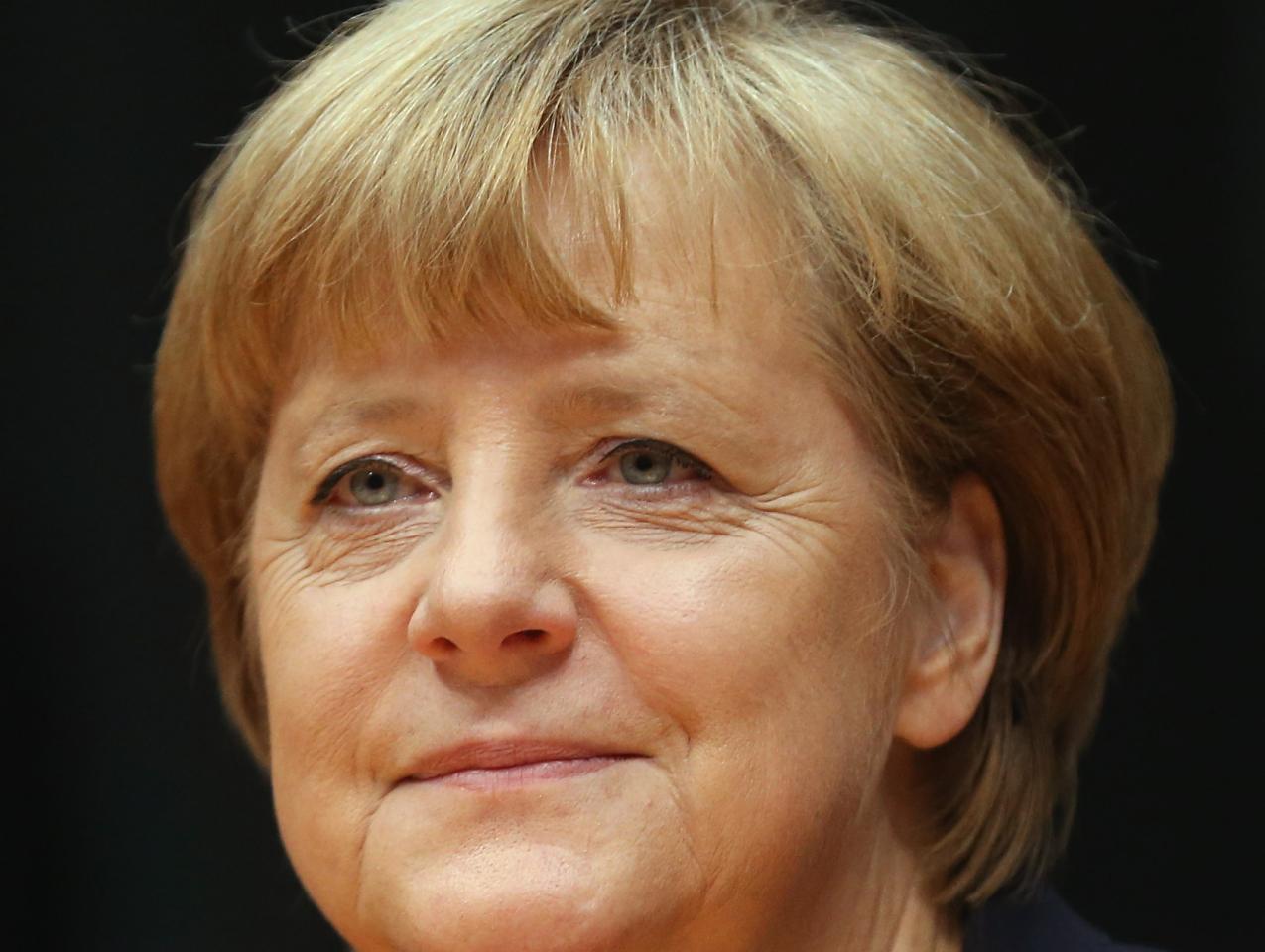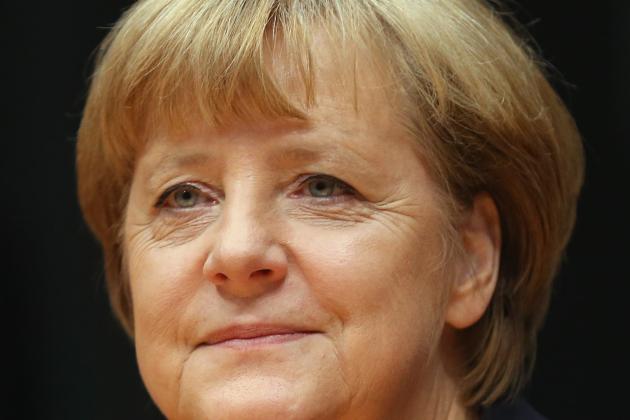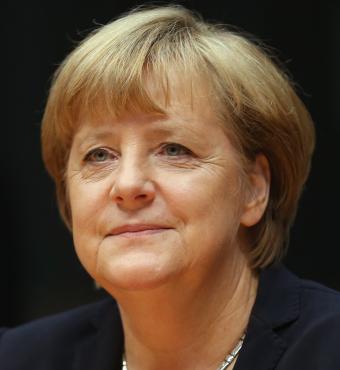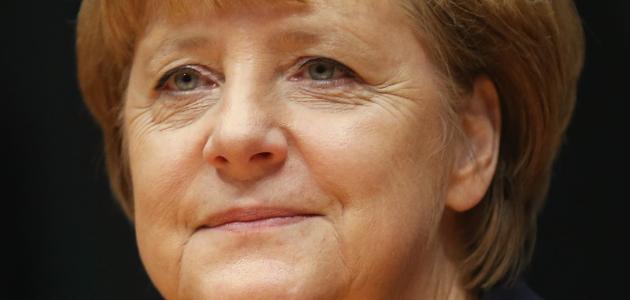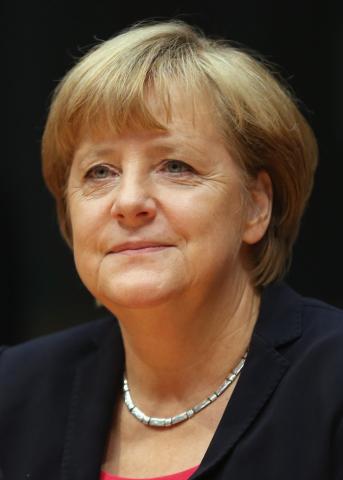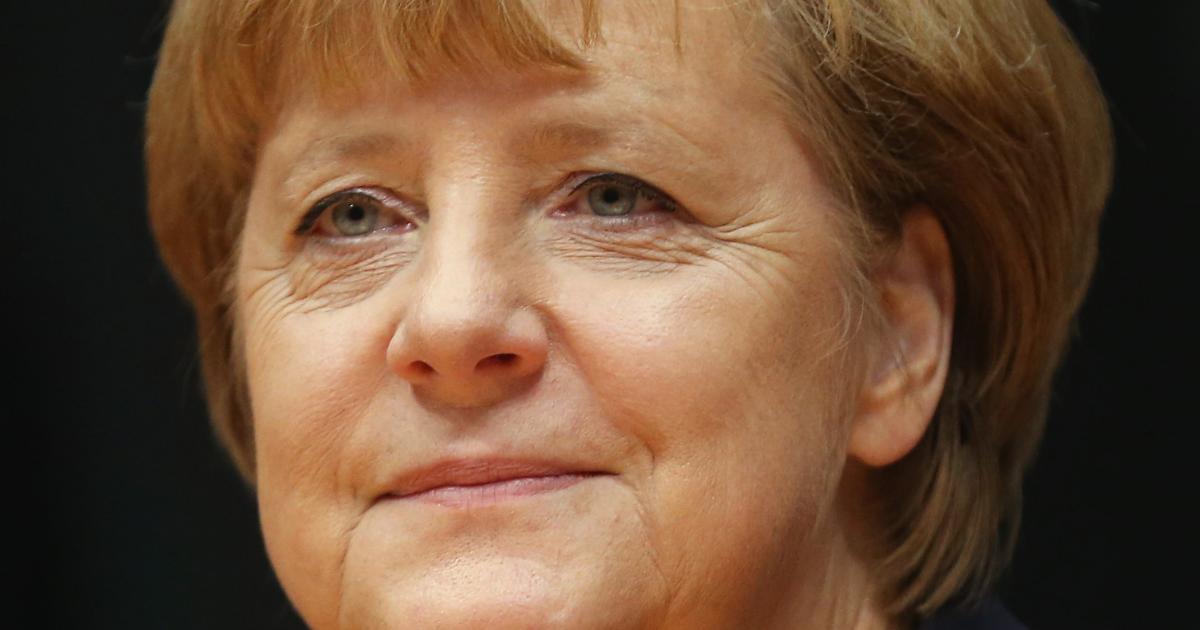Angela Merkel has served as German Chancellor since 2005, a long run by any measure. She is now approaching the end of her third four-year term, with national elections for the Bundestag due in Fall 2017. Given the enormous influence she has exercised as de facto leader of the European Union, the question as to whether she will continue into a fourth term is unavoidable, particularly because next year will also bring a new American president as well as, most likely, a new president in France (with elections in May). The political stage is changing in Europe, especially after Brexit: Merkel could provide continuity in leadership for Germany and for Europe; or Germany, after Merkel, may strike out in very different directions, with significant implications for American policy. After the Berlin election on September 18, a future without Merkel has become much more likely.
*****
It is important to remember how much Merkel has left her mark on key arenas in Europe. It was she, together with Finance Minister Wolfgang Schäuble, who led Europe through the Euro crisis, as she became the face of austerity policies and the expectations that Eurozone members, particularly Greece, rein in their deficits. Merkel has also been the European leader who took on the role of confronting Vladimir Putin over the annexation of Crimea and the destabilization of eastern Ukraine; she was able to manage a divided German public to support the policy of sanctions against Russia, and real responsibility for the Minsk Protocol is on her plate (since the Obama administration has chosen to disengage from this issue).
Most famously, however, Merkel is the political leader personally associated with the policy that brought more than a million refugees to Germany in 2015 and hundreds of thousands more in 2016. Any responsible evaluation of that refugee policy should take into account the reality of human suffering, especially in Syria where the Assad regime, supported by Russia, is waging a war against a rebellious population, the last hurrah of the Arab Spring. Those able to flee that devastation arrive in Germany. (Russia would be closer, but no one goes there.) Moreover Merkel’s policy of welcoming refugees should also be understood in the European context: few other European states have accepted very many refugees, certainly not France or the United Kingdom. The consequence has been a significantly disproportionate refugee burden in Germany, and Merkel and her party, the Christian Democratic Union (CDU), are now paying a heavy price in regional elections, with ominous implications for the national elections a year from now.
The electoral results for the CDU are plummeting. In the 2013 national election, it won 41.5% of vote, but due to a peculiar feature of the German parliamentary system—parties that do not meet the 5% hurdle in the popular vote are not counted in the distribution of Bundestag seats—the CDU came very close to winning an absolute majority. Still, close is not enough, and because the CDU was four seats short (out of 631), it formed a “Grand Coalition” with the Social Democrats (SPD).
That, however, was before the refugees arrived. In the series of state elections this year, the CDU has consistently shown losses. In March in Sachsen-Anhalt, it was down by 2.7%, but in Baden-Württemberg by a whopping 12%. In early September in Mecklenburg-Vorpommern, it was down again by 4%, and most recently, in Berlin by 5.7%, where it received only 17.6% of the vote in the September 18 election, the worst results in its history in the city. In each of those four elections, Merkel’s coalition partner, the SPD, also faced losses on a similar scale (or even worse: in Sachsen-Anhalt, the SPD fell from 21.5% in the 2011 state election to 10.6% in 2016). In the eyes of the voters, refugee policy was especially associated with Merkel, but the SPD never presented an alternative of any significance. The overriding pattern is clearly one of voters punishing both of the two parties in the Grand Coalition. As in the United States, in Germany this has been a year of protest against party establishments.
*****
There is however another part of the narrative: the rise of the national populist “Alternative for Germany” (AfD). Founded initially as a free-market liberal party critical of the Euro and the structure of the currency union—a single currency without a common budget mechanism—the AfD took a sharp right turn, especially in the context of the refugee crisis, advocating more restrictive immigration policies combined with law and order complaints about rising criminality. For much of 2016, the AfD has been on a victory march: 15% in Baden-Württemberg, 24.3% in Sachsen-Anhalt, 20.8% in Mecklenburg-Vorpommern, and finally, in the cosmopolitan capital of Berlin: 14.2%. In Berlin it also won five direct seats to the state legislature, all of them from electoral districts on the eastern periphery of the city, areas still very much defined by the Communist past. While the nationalist populism of the AfD has appeal throughout Germany-- as the Baden-Württemberg results from the wealthy southwest show--it is disproportionately a phenomenon of the former East Germany, where economic circumstances remain worse and the illiberal political culture of the past regime still contributes to current political behavior. Right-wing radicalism flourishes in those regions previously devastated by Communist policies.
The September 18 vote in Berlin has considerable significance because of the symbolic status of the city. Days before the election, the Mayor and leading SPD candidate Michael Müller posted on his Facebook page a prediction that has come back to haunt him. In the hope of mobilizing the SPD electorate otherwise marked by a lack of enthusiasm, he wrote that: “10-14% for the AfD would be a sign for the whole world of a resurgence of the Right and the Nazis in Germany.” To make up for his own lack of charisma, he resorted to rhetorical scare tactics.
The result? Müller’s SPD emerged from the election as the strongest party, but with significant losses, while the AfD surpassed Müller’s worst case scenario by going just beyond the 14% level. His first mistake was to have set a numerical threshold for his opponent, when he had no need to do so in the course of the campaign. His second was denouncing AfD voters as Nazis. The AfD leadership is on the right, no doubt, but it has a heterogeneous character, certainly with some extremists but with other, more moderate critics of Merkel’s immigration policy as well. Its voters similarly have various motivations, and rhetoric like Müller’s runs the risk of pushing disgruntled AfD voters into an extremist corner while strengthening their anti-establishment protest resolve. Müller’s attack on AfD voters is analogous to the rhetoric in the US election where denunciations directed at Donald Trump have equated him with Hitler and denigrated his supporters as “deplorable.” When center-left politicians attack all conservatives as extremists, they alienate parts of the electorate, while simultaneously trivializing the threat of genuine extremism.
*****
The evidence from the regional contests points to likely outcomes of the 2017 Bundestag election and the future of Germany, with several implications for trans-Atlantic relations.
First: Declining support for the CDU will make it very difficult for Merkel to continue into a fourth term. Her only chance is to end the refugee crisis, which she is desperately trying to do through arrangements with Turkey (effectively her version of building an anti-immigration “wall”), but the political damage from the refugee experience is probably already irreversible. The Merkel era may end in a year.
Second: While an inverted Grand Coalition, with Merkel’s CDU in the junior position, is numerically possible, it is politically nearly unimaginable. Instead, the likely outcome will be a three-party coalition, led by the SPD, partnering with two of the other parties: the Greens, the Left, and the Liberals (FPD), although the capacity of the latter to reach the 5% level is always in doubt. There has never been a three-party coalition at the national level in Germany, and it would bring a troubling degree of instability in the face of the many challenges facing Europe. Currently, as a result of the recent Berlin election, a three-party coalition will certainly emerge there, on the state level, a dress rehearsal for national politics a year from now.
Third: The entry of the Left Party (“die Linke”) into the national government for the first time is likely. This is the party that is heir to the former Communists. It is inclined toward anti-Americanism and endowed, for historical reasons, with residual ties to Moscow. Since German unification, the center parties have generally shunned it, at least on the national level, because of its Communist past; that taboo is ending. We therefore face the prospect of one of the coalition members in the next government of this key NATO ally and the leading power in post-Brexit Europe operating with open lines to the Kremlin. In effect, the Soviet goal during the Cold War of neutralizing Germany will have been achieved.
Fourth: National populism will remain a defining feature of German and European politics for the foreseeable future. These protest movements are a mixed bag including moderate conservatives along with extremists, and welfare-state critics next to social policy populists. National populism has right-wing variants (the AfD in Germany and the National Front in France) and left-wing versions (Syriza in Greece and Podemos in Spain). Whether right or left, it is hostile to globalization, predisposed toward anti-Americanism, and frequently pro-Russian. It is upsetting the conventional political calculus everywhere.
Fifth: If, as is increasingly likely, Merkel does not win a fourth term and the CDU enters the ranks of the opposition in the Bundestag, the next coalition government will be less Atlanticist and less friendly to the United States. Instead, those diverse forces within German society interested in better relations with Russia will gain the upper hand; this is by no means only a matter of former Communists but also includes key industrial interests eager for increased trade with Moscow. The sanctions applied to punish Russia for the Crimean annexation would be ended, for example, while trade agreements with the US, like the Transatlantic Trade and Investment Partnership, or TTIP, would become even less viable. (Tens of thousands demonstrated against TTIP the day before the Berlin election.) The former Eastern block countries located between Germany and Russia, especially Poland and the Baltic states, will feel uncomfortable pressure from stronger relations between Berlin and Moscow. With the right leadership, however, the US could be the advocate of this so-called “new Europe,” the countries that gained their freedom with the collapse of the Soviet Empire.
At stake in regional German elections, therefore, are issues central to US strategic interests, the European order, and the global balance of power. The outcome of next fall’s Bundestag election will present the new American administration with a key foreign policy challenge to define its opportunities in Europe and beyond. Germany after Merkel will make Europe more challenging for Washington after Obama. US policy will have to pivot significantly back to Europe in order to maintain a robust trans-Atlantic alliance.







